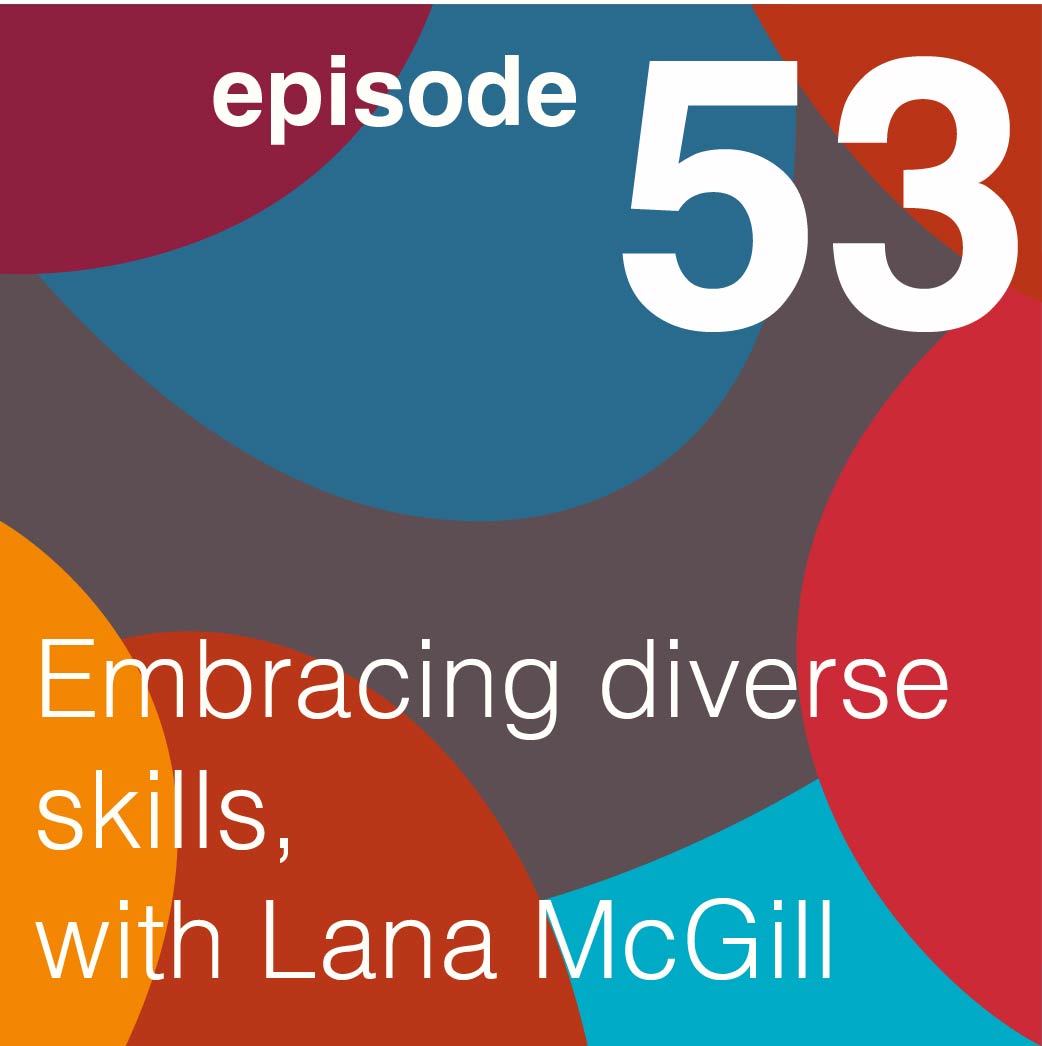
Embracing Diverse Skills.
Episode Outline:
When I first got involved in “information security” 20+ years ago, I found myself almost entirely surrounded by industry peers whose training and experience was in technology or technology disciplines. My training in law, marketing and finance, and my experience in business development, marketing, recruitment and even a stint in purchasing and supplies all seemed out of line with the world of IT security as it was called back then.
As I came to understand, during my own research in human behaviour and culture, my lack of an education in technology meant I was culturally and even physically wired differently. This meant I looked at things through a different set of lenses. The result, was an approach that we would now call governance, risk and compliance. However, it was these very human disciplines, which led me to fundamentally think differently when it came to kicking off the Re-thinking the Human Factor research programme.
Our guest Lana McGill, to me, enshrines the change in direction of an increasing number of forward thinking security professionals looking for a more mature approach to employee awareness, behaviour and culture. Lana believes that by diversifying their search for skills and experience, outside of the traditional industry expectations, you can bring new insights and energy to the challenge of influencing employee behaviour and culture. Her role as a senior information security leader, in the finance sector, and her willingness to embrace other skills and experiences in the search for more effective interventions, gives hope that the industry inertia, when it comes to the human factor, may finally be shifting.
Key Topics
- Building an education and awareness team to address behaviour and culture.
- Winning support from business wide stakeholders for using a different set of skills and experiences.
- Recruitment and recruitment industry stakeholders.
- Behavioural science and marketing skills.
